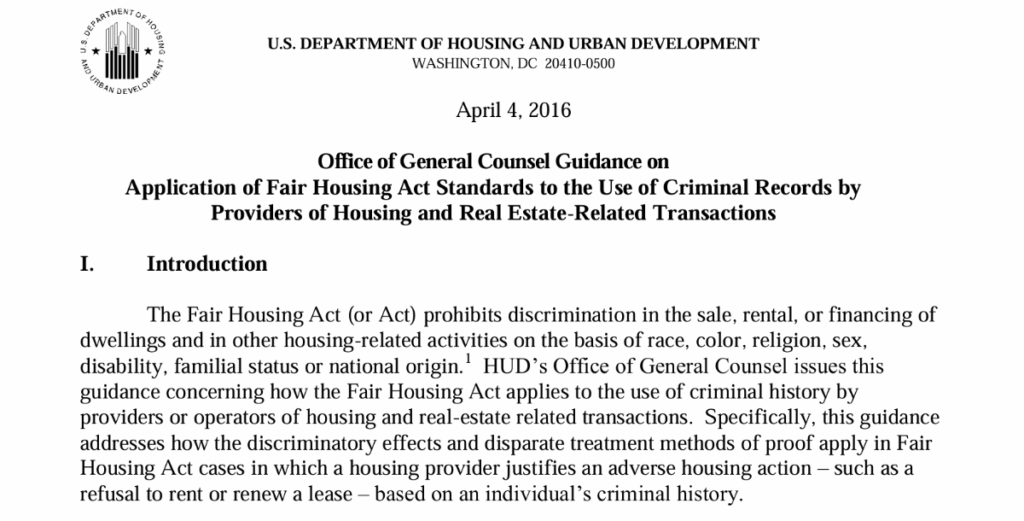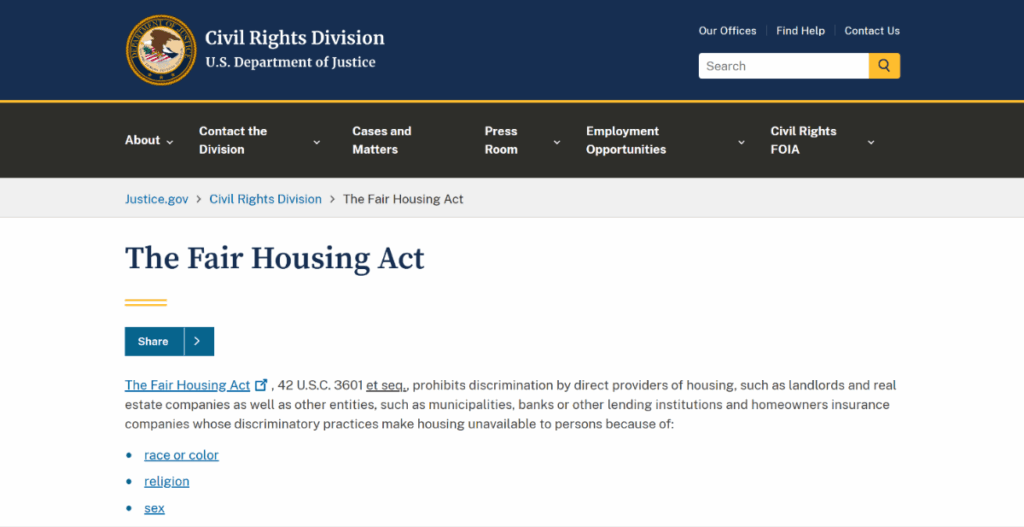10 Most Common Lease Violations and How To Handle Them
Late rent? Unauthorized pets and extra occupants? Noise complaints?
These all-too-common landlord headaches burn time, drain cash, and present legal risks if you’re not careful.
To avoid that, here are the most common lease violations and how to handle them:
Hold Up! You Need to Know What Rental Notices Are
Rental notices are legal documents landlords send to tenants for various reasons, such as notifying them of late rent payments, lease violations, or the end of a lease term. They come in three forms:
- Pay or Quit is for late or missed rent. The tenant must pay the full past-due amount by the deadline or move out.
- Cure or Quit is used for fixable breaches. The tenant must fix the issue by the deadline or move out. Typical issues include unauthorized pets, extra occupants, noise violations, smoking where banned, or other nuisances.
- Unconditional Quit is for severe or repeated violations. The tenant must move out by the deadline. No chance to fix the issue. Used only where state law allows.
Understand that each state sets the required wording and how you must deliver it, so keep that in mind before shooting one out. Also note, allowable notices by city and state may vary by regulation.
The 10 Most Common Violations (What to Do, Step by Step)
1. Late or Missed Rent
Start with the numbers. Pull your rent ledger, confirm the amount due, and check whether your lease or state law gives a grace period before late fees apply. Many states set rules on grace periods and late fees, so don’t charge or notice in a way that violates them.
If rent isn’t paid, serve a pay-or-quit notice required by your state. The notice should state the amount owed, the cure procedure, and the deadline. States set the wording and the number of days; use a current state chart and follow your state’s service rules. Keep copies of the notice and your proof of delivery.
Just be careful. If your tenant is late on rent, do not change locks, shut off utilities, or remove belongings. Illegal lockouts can trigger penalties and derail your case. If the deadline passes without payment, file through the court process required in your state.
If your policy allows, you can offer one documented payment plan (in writing, with dates and amounts). If the tenant cures within the notice window, close the issue. If not, proceed per your state’s timeline.
2. Unauthorized Occupants or Long-Term “Guests”
Confirm facts first. Note dates and times you or a witness have seen the person, save messages, and, if appropriate, get brief written statements from neighbors. Check your guest policy in the lease and compare it to what you’re seeing. Many leases require approval when a guest stays beyond roughly 10–14 days, so you have a clear line to point to.
Write to your tenant with two options and a deadline: (1) the person applies, is screened, and is added to the lease if approved; or (2) the person leaves. Keep everything in writing and save copies.
If the situation continues, serve the state-required cure-or-quit notice: a written demand to fix the breach by a set date or move out. Follow your state’s wording, timeline, and service rules.
If there is no cure by the deadline, proceed with your state’s formal process. Apply the same steps to everyone to avoid fair-housing issues, and document each action so your file is complete if you need to escalate.
Learn more: why landlords struggle with DIY tenant placement
3. Unauthorized Pets (Know the Assistance-Animal Rules)
Start by confirming the lease’s pet clause and what you can prove: photos, messages, neighbor reports, and staff logs. If it is a regular pet in a no-pet home, use a “cure or quit” path, if allowed: give written notice to remove the animal, or sign a pet addendum and pay any allowed pet fees within the set timeline.
If the occupant says the animal is an assistance animal, switch to the fair-housing process. Under HUD’s guidance, assistance animals are not pets, and housing providers may not charge pet rent, pet deposits, or pet fees for them.
You may ask for reasonable documentation from a health-care professional when the disability or need is not obvious, but “certificate” websites by themselves do not qualify as reliable proof.
4. Noise, Nuisance, or Disturbances
Start with facts. Keep a dated incident log, save messages, and request brief written statements from neighbors when you can. Tie the behavior to your lease’s “quiet enjoyment” or nuisance clause so it is clear which rule was broken. Standard leases give tenants the right to live in peace without unreasonable interference. Excess noise can breach that right.
Use a simple two-step approach. First, send a written warning that lists the dates, times, and what must change. If the problem continues, serve a cure-or-quit notice that gives a deadline to fix the behavior or move out, following your state’s wording and timeline.
Stay within the law while you investigate. Provide proper entry notice for non-emergency inspections, which typically require about 24 to 48 hours’ advance notice.
Document the follow-through. If the tenant cures by the deadline, close the issue. If not, escalate through your state’s process.
5. Smoking Where It’s Prohibited (Including Vaping)
Start with your signed smoke-free lease or addendum and the evidence: note dates, take photos of residue or burns, and record complaints about odor or smoke drift. In multi-unit housing, smoke can move between units through vents and gaps, which is why public health agencies support building-wide smoke-free rules.
If the rule was violated, send a written warning, then a cure or quit notice if the behavior continues, following your state’s wording and timeline. Courts generally allow landlords to ban smoking in units and common areas when the lease says so.
Spell out what “cure” means: stop smoking and vaping anywhere the lease prohibits it, and agree to any reasonable remediation (odor removal, filter changes). If your policy covers e-cigarettes, reference that language explicitly; many model policies recommend including vaping.
6. Property Damage Beyond Normal Wear and Tear
Take clear photos and videos with dates, note rooms and items, and save messages. Compare what you see to normal wear and tear (expected aging, such as faded paint or lightly worn carpet) versus damage (stains, rips, holes, broken fixtures). Only damage is billable.
If the problem persists, send a written demand to cure the issue and prevent further loss. For repairs you arrange, bill per your lease and keep receipts or estimates. At move-out, send an itemized deduction letter within your state’s deadline and return any balance of the deposit. Most states require a written, itemized list and set strict return windows.
Protect yourself with a move-in inspection, condition report with photos to show what changed during the length of tenancy. This makes it much easier to prove the distinction between wear and tear and damage.
7. Illegal Activity on the Premises
Start with safety. If there is an immediate threat, call the police. Then document what you can without risking anyone’s safety: dates, photos, videos, neighbor statements, and any police incident number.
Next, check your lease and your state’s rules. Some states allow landlords to end a tenancy more quickly for serious illegal activity by serving an unconditional quit notice, which tells the tenant to leave with no chance to fix the breach. This option is limited and very state-specific, so confirm before serving.
For federally assisted housing, HUD expects more than an arrest alone to justify termination. Keep a clear paper trail that shows what happened and why you acted.
Do not use self-help. No lockouts, no shutting off utilities. Evictions must go through the legal process in your state or city, and courts can penalize illegal evictions.
8. Refusing Lawful Landlord Entry
Give proper written notice that states the date, time, and reason for entry, and deliver it the way your state requires. Most states expect advance notice for non-emergencies, commonly 24 to 48 hours. Valid reasons usually include repairs, inspections, or showings; emergencies are an exception.
If the tenant refuses entry after proper notice, reply in writing, offer one new appointment, and document the refusal. If refusal continues, serve a cure-or-quit notice when permitted in your state, or ask the court for an order permitting access.
Learn more: how to manage properties as a first-time landlord
9. Unauthorized Subletting or Short-Term Rentals (e.g., Airbnb)
Confirm the rule first. Most leases ban subletting or short-term rentals without written permission. If your lease says that, you generally have grounds to enforce it when a tenant lists the unit on a platform.
As usual, save screenshots of the online listing, booking calendar, guest reviews, and any messages that show paid stays. Keep a log of dates, noise or traffic complaints, and any building or HOA notices.
Send a clear, written demand. Reference the lease clause, require the listing to be removed immediately, and tell the tenant to stop hosting. If your policy allows approval in some cases, require the person to apply and be screened with a signed sublet or addendum before any stay. Use a “cure or quit” notice if your state allows it and give the legally required cure window.
Escalate if ignored or repeated. If the tenant keeps hosting after notice, speak with counsel about filing for enforcement or termination. Some states allow faster termination or, in limited cases, an unconditional quit for serious violations.
10. Unauthorized Alterations or Locks
Start by confirming what changed and when. Take dated photos, note where the work was done, and save messages. Look at your lease’s alterations and lock clauses. Most leases require written approval before drilling, installing fixtures, repainting beyond touch-ups, or changing locks, and they require that the owner have working keys.
If the change is fixable, send a written “cure” notice that specifies exactly what the tenant must restore and by when, and require delivery of any missing keys. Do not change the locks yourself or block access.
If the tenant does not cure, hire the work, keep invoices, and charge per the lease. At move-out, you may deduct for damage or for restoring unauthorized changes, but not for ordinary wear and tear; provide an itemized statement within your state’s deadline.
Conclusion and Next Steps
There’s a lot involved here which really, who’s got time for? That’s where we can help!
We run flat-fee, complete property management services with 24/7 owner and tenant support, maintenance coordination, and financial reporting (on-demand P&L, rent rolls, year-end forms).
And when it’s time to renew a lease or fill your vacancy, our tenant placement service includes professional photography, on-demand showings, instant screening and application processing, automated lease generation, and so much more. So if you need a helping hand, head over to our homepage, and let’s get you signed up.













